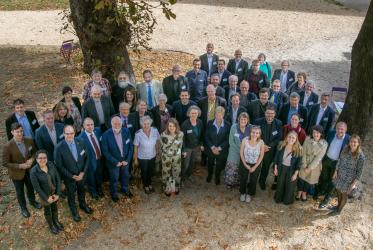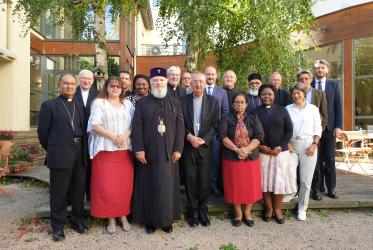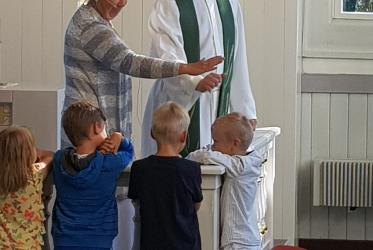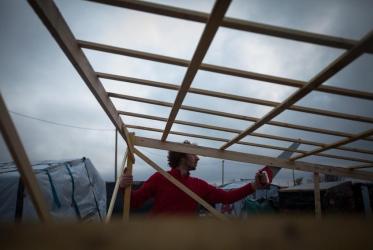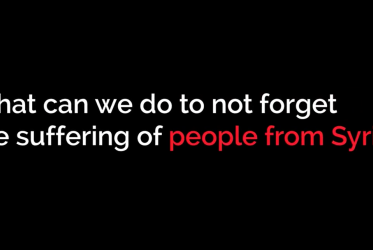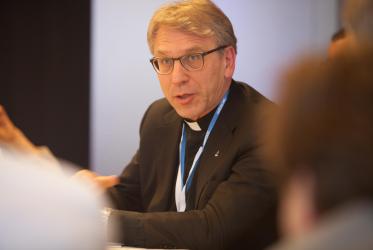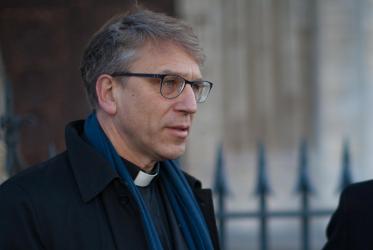Displaying 1 - 20 of 36
Churches should use their voice on climate change
26 February 2020
WCC well-represented in Religions for Peace leadership
07 October 2019
Blessed school starts for kids in Finland
24 September 2018
Symposium focuses on religion, violence, extremism
04 February 2016
WCC/UN conference calls for coordinated action on refugee crisis
20 January 2016
At Nordic conference, Tveit reflects on role of hope in advocacy
12 January 2016
One refugee’s story: from Syria to France
07 January 2016
WCC general secretary addresses High Level Segment of COP21
09 December 2015
WCC general secretary shares signs of hope on the eve of COP21
29 November 2015
UN Climate summit results vital for world’s future
26 November 2015
Common prayer in Geneva responds to acts of violence
16 November 2015


